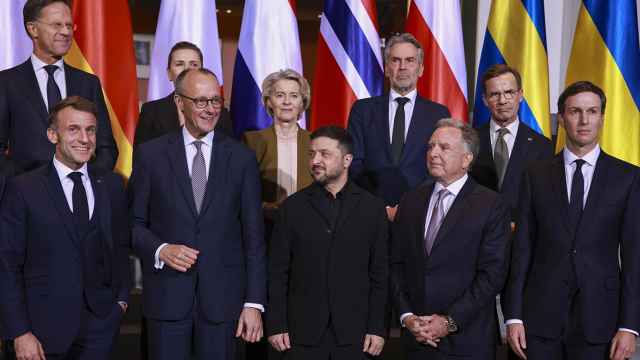Young offenders in a juvenile correctional center in Beaumont, Virginia, are being encouraged to read Russian literary classics to help get their lives back on track.
The classes, organized by the University of Virginia, have become so popular that they are being used as an incentive for good behavior, The Washington Post reported.
The man who came up with the idea, Andy Kaufman, a lecturer at the university, hopes to introduce Russian literary classics to a greater number of prisoners, both in Virginia itself and in other U.S. states.
Inmates are reading the likes of "War and Peace" by Leo Tolstoy, even outside of lessons. Prisoners are also reading works by Fyodor Dostoevsky, who himself served time in a Siberian penal colony, including "An Honest Thief."
At Beaumont high school, staff members report having seen a marked improvement in inmates' behavior and social skills. Some inmates have even gone on to college, according to Michael Hall, the school's principal.
Impressed by the results of Kaufman's experiment, the University of Virginia has given him a $50,000 grant to expand the project.
Kaufman thinks Russian literature resonates with prisoners because Russian authors ask important questions such as: "Who am I? Why am I here? Given I'm going to die, how should I live?"
Not only is the class popular among young offenders, it is also prized by university undergraduates who want to participate and lead discussions with the inmates. Almost three-quarters of the students who apply are turned away.
The financial benefits of the scheme are also part of its appeal.
Nearly $80 million is spent every year on juvenile correctional centers, but in recent years more than a third of released inmates are convicted of another crime within a year.
Kaufman's classes, however, come at no cost to the Department of Juvenile Justice.
A Message from The Moscow Times:
Dear readers,
We are facing unprecedented challenges. Russia's Prosecutor General's Office has designated The Moscow Times as an "undesirable" organization, criminalizing our work and putting our staff at risk of prosecution. This follows our earlier unjust labeling as a "foreign agent."
These actions are direct attempts to silence independent journalism in Russia. The authorities claim our work "discredits the decisions of the Russian leadership." We see things differently: we strive to provide accurate, unbiased reporting on Russia.
We, the journalists of The Moscow Times, refuse to be silenced. But to continue our work, we need your help.
Your support, no matter how small, makes a world of difference. If you can, please support us monthly starting from just $2. It's quick to set up, and every contribution makes a significant impact.
By supporting The Moscow Times, you're defending open, independent journalism in the face of repression. Thank you for standing with us.
Remind me later.





